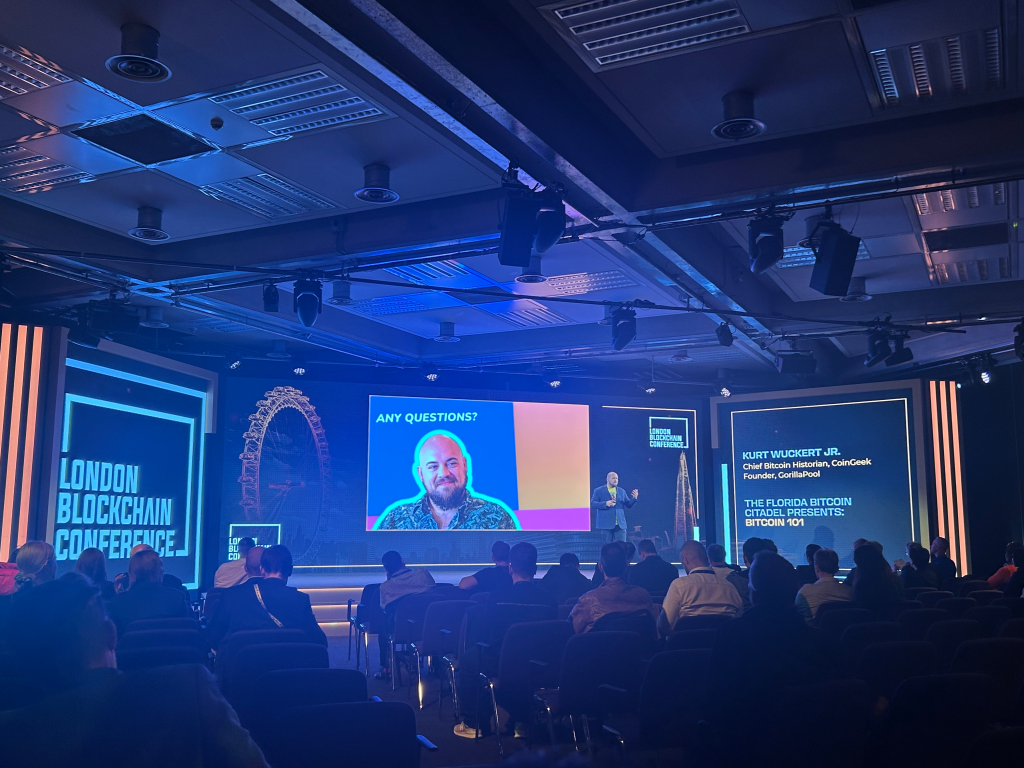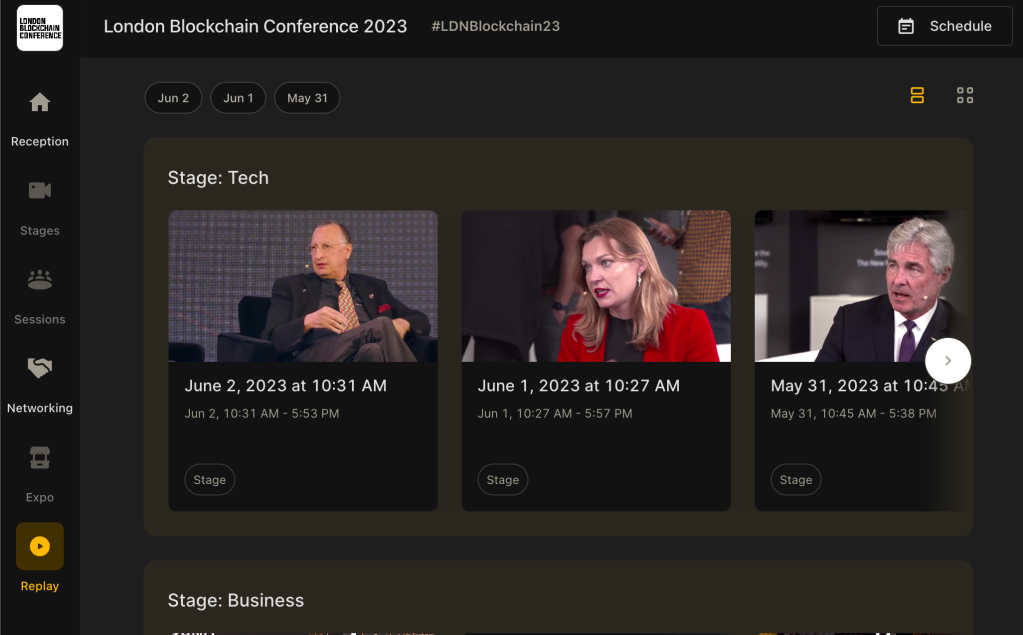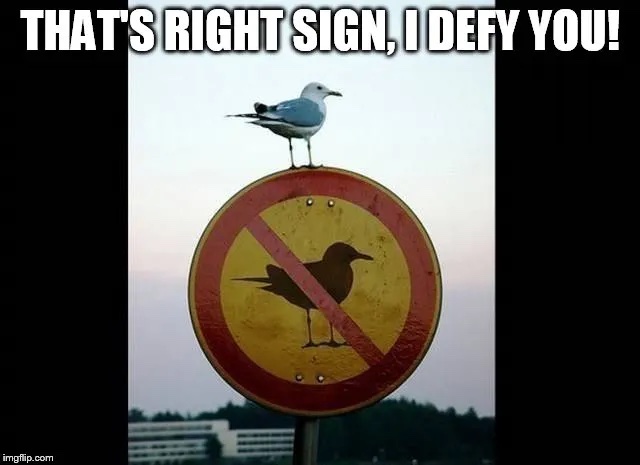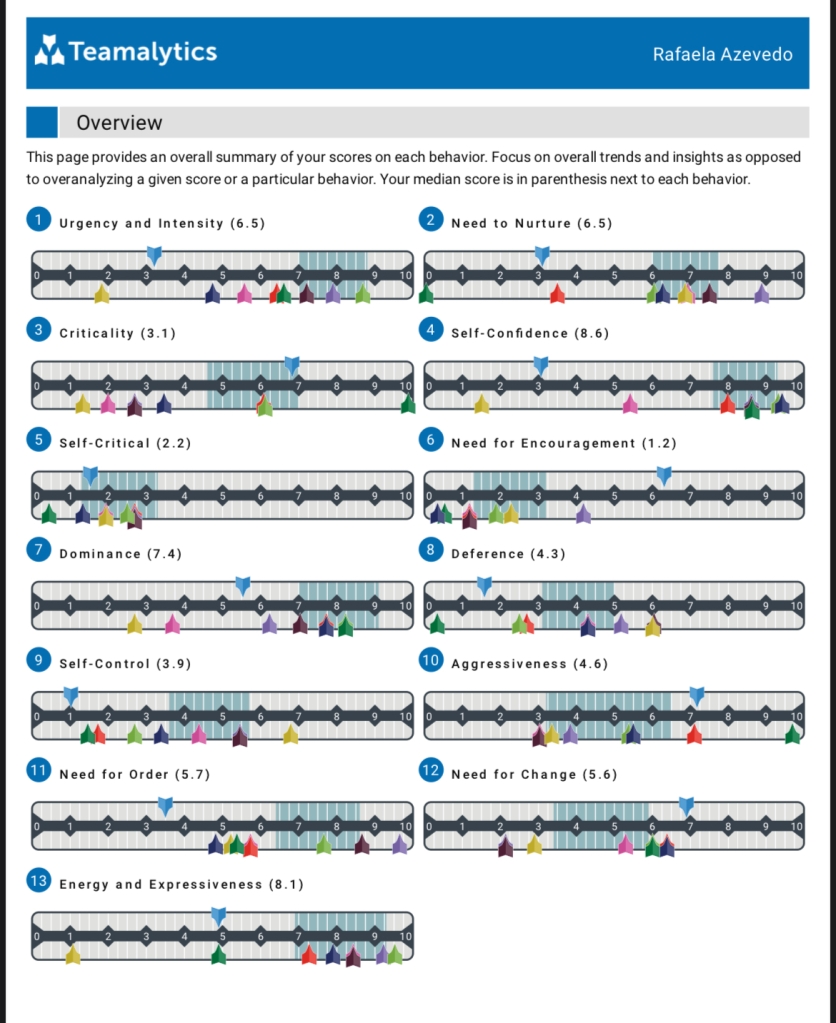Hello guys,
Today it is going to be a different post, not as technical as the other ones, but I saw the need to share some inspirational story. It can be a daunting and overwhelming decision to move to another career like QA or another country, but it can also be an exciting opportunity to pursue your dreams and create a better life for yourself.
I have interviewed Jeferson who have made the leap to a career in Quality Assurance (QA) and moved to Canada from Brazil. His experience can provide valuable insights and encouragement for anyone considering a similar path. (Which I also have gone through the same 10 years ago 🙂)
Can you tell us about your experience moving from Brazil to Canada?
I first came to Canada at the end of 2015 with the intent of getting fluent in English while having an experience of living in a different country, which was my first time I was going to be outside Brazil.
What motivated you to make the move?
Brazil’s economy got worse and I had no perspective of getting a job returning to Brazil, so I decided to stay in Canada and try something new.
What led you to transition from your previous career to a career in Quality Assurance?
Back In Brazil I was a Occupational Health and Safety Engineer working as Mechanical Designer, and I found myself with a hard path in front of myself if I decided to remain in the same field here, in a nutshell I’d have to start everything from scratch, doing a 4-year degree and it’d cost an amount of money I didn’t have. So with some eye opening inputs from friends, I decided to embark on a new challenge and get into tech, which my initial intent was to become a Software Developer working with Virtual Reality.
After graduating the Computer Systems Certificate Program I got my first job as a QA Engineer, where 90% of the time I was doing something else and only 10% of the time I worked as a tester, which was mainly manual regression testing and I hated, excepting for one project I worked on to create the Test Automation in Selenium. I was not happy with the job and found an opportunity in another company ( my current one) as an SDET (Software Developer Engineer in Test) which I only applied to get to a bigger company and transition to a Software Developer role within the company. In this company, I was presented, by my manager, a whole new testing world, where was not unstructured manual testing where I was just navigation through the system in the hopes of finding bugs, instead the approach here is to use critical thinking to do risk analysis and invest time and effort where it matters to improve the product, and go beyond ACs (Acceptance Criteria) to see where the system can brake and thus to a job that matters, is exciting and with very little boundaries on where to go. This new approach of testing made me get excited and want to become a professional in testing where I could code, explore and contribute to shape a better product by using a wide range of skills.
How did you prepare yourself for the transition into QA?
I did a Computer Systems Certificate Program to learn how to code which led me to my first job opportunity in QA, even though I knew almost nothing about testing I was given a chance to step into this field. In this job I didn’t do much testing , but I got to work on a project to create the Test Automation in Selenium for the company, which was essential to get my second and current job, and here I really work in testing.
In a nutshell my preparation was the 2-years part-time certification course to learn programming and the Selenium project I worked on in my first job.
Did you take any courses or obtain any certifications?
I did some courses on programming but none focused on testing, all I learned about testing (besides unit testing) I learned on the job. I’m currently seeking the ISTQB Foundation Certification to grow as a professional.
What aspects of your previous career do you think have helped you in your current role as a QA professional?
The skills I acquired from being an Occupational Health and Safety Engineer and a Mechanical designer really helped me in my QA role. Among them, risk assessment and management came in handy when analyzing where to put efforts on testing and tackle areas where big issues can come up, also problem-solving skills, attention to detail and critical thinking were essential to excel in this field. So even though I didn’t have proper training to work in QA, I already knew where to look for issues, analyze what could lead to an issue and how to prioritize efforts.
Can you walk us through a recent project you worked on as a QA professional?
Recently we upgraded an existing old feature to meet the business needs. It’s an import tool where a list in an excel file is provided and based on the file rows and rules in place, we manage the users by creating, updating, deactivating or reactivating them.
How did you approach it and what was your role?
I was responsible for the test design and test approach. I started by doing a combinatory approach to discover the possible exception and happy paths to prevent redundant testing, and bring more value to the test suite with lower runtime.
Based on the information gathered in the combinatory approach, we analyzed all existing tests to remove what was no longer valid and refactoring the tests that were still relevant and create new tests for remaining uncovered scenarios.
In your opinion, what is the most important skill for a QA professional to have?
Problem-solving and critical thinking: We should be able to analyze complex system problems and answer the question “Where and how can this break?”. Rarely the issues are in the acceptance criterias / requirements, everyone is looking at it already, the issue comes from other places, like non-written requirements, where something is expected to behave in a certain way, for a common sense perspective, and it was not written down, so people will not pay much attention it, but it’s expected to comply to it, other common places to fail are integration, where both sides work perfectly on their own, but brake when put together.
How do you stay up to date with industry trends and developments in QA?
In the company we have a QA Guild where we constantly present trends and new approaches to testing. Besides that, I use the feature I’m working at the moment to google how other people are approaching the same problems and recently using chatGPT for ideas and explanations.
Finally, what advice would you give to someone considering a move to Canada and a career change to QA?
Whether you’re moving to a new country or starting a job in QA, a certain mindset is required for success. To thrive in these situations, it’s important to have an open mind and be willing to embrace challenges. Try new approaches, develop critical thinking skills, and don’t be afraid to question what others tell you. Remember that everyone’s experience is different, and there is no single “right” way of doing things. Instead, focus on what works for you and be willing to take chances along the way.
Hope this story gives more support to people that are transitioning into the QA career or moving to another country as well.
If you want to contact Jeferson, feel free to send him a message on Linkedin 😁
Thanks again for sharing this Jeferson 🙌🙌












